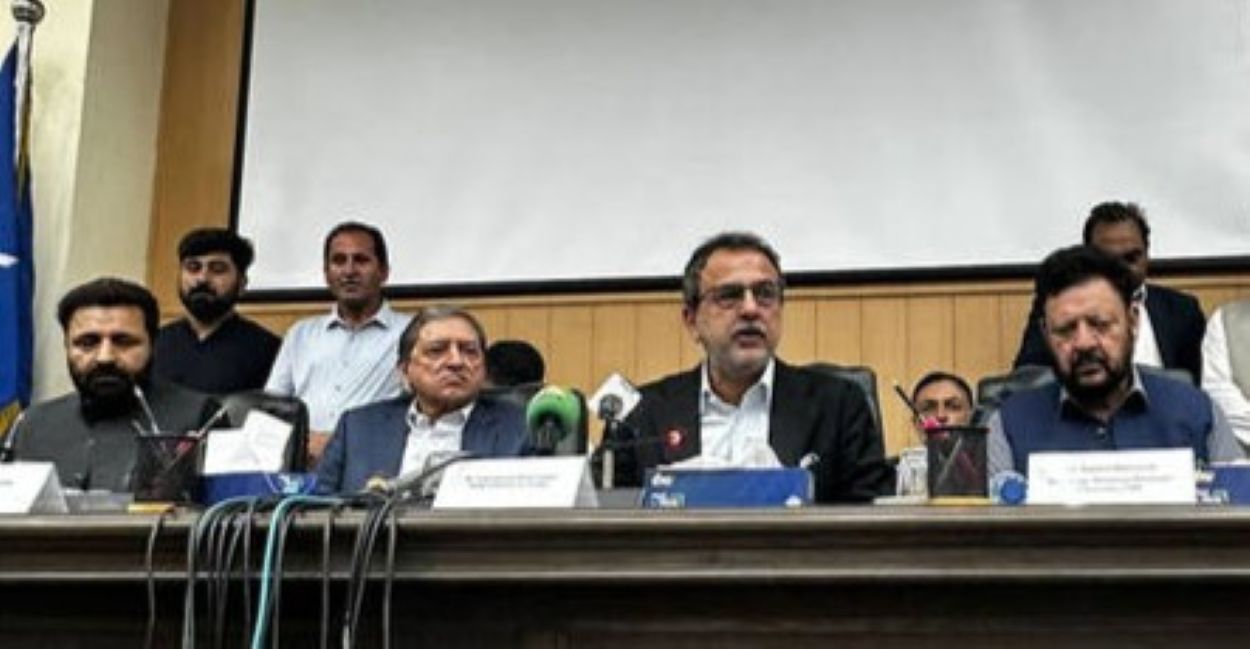A 68-day sit-in at Sost Dry Port in Gilgit-Baltistan (G-B) ended, resuming Pakistan-China trade and tourism. Organised by the Tajir Ittehad Action Committee and the G-B Supreme Council, the protest halted Karakoram Highway traffic, stranding passengers and disrupting millions of dollars in bilateral trade. Negotiations with federal representatives led to a breakthrough agreement.
The deal grants G-B significant tax exemptions:
- Tax Relief: No Sales Tax, Income Tax, or Federal Excise Duty on goods imported via Sost Dry Port for local G-B consumption, capped at Rs4 billion annually.
- Eligibility: Only G-B resident-owned, government-authorised companies qualify.
- Implementation: The Federal Board of Revenue (FBR) will issue a Statutory Regulatory Order (SRO) within 30 days. A G-B focal body will ensure transparency, with details on the FBR website.
Approximately 300 stranded containers of essential goods will be cleared within two days, per PML-N’s Rehan Shah.
On PM Shehbaz Sharif’s directives, Federal Minister Sardar Awais Leghari, as convener of the committee, delivered on resolving the issues of GB traders at Sost Dry Port. With all stakeholders satisfied, the sit-in has ended successfully. pic.twitter.com/BDlQmuQtew
— Awais Leghari (@akleghari) September 25, 2025The sit-in protested federal taxes in G-B, a region without parliamentary representation, which traders deemed unlawful. Initial demands included a tax-free G-B, local trade regulation, and infrastructure investment. The G-B Supreme Council united business, religious, and political groups, amplifying the movement.
Ishfaq Ahmed, G-B chamber president, called it a “historic day” for meeting key demands. Shah warned, “If the SRO is delayed, we’ll reconvene.” The protest, one of G-B’s longest, highlighted its constitutional challenges and trade ties with China.
The resolution restores vital Pakistan-China trade, with Sost handling 20% of bilateral goods (Pakistan Customs, 2024). Tax exemptions boost G-B’s economy, but the review is conducted every two years to ensure oversight. The deal strikes a balance between local needs and international commitments.






